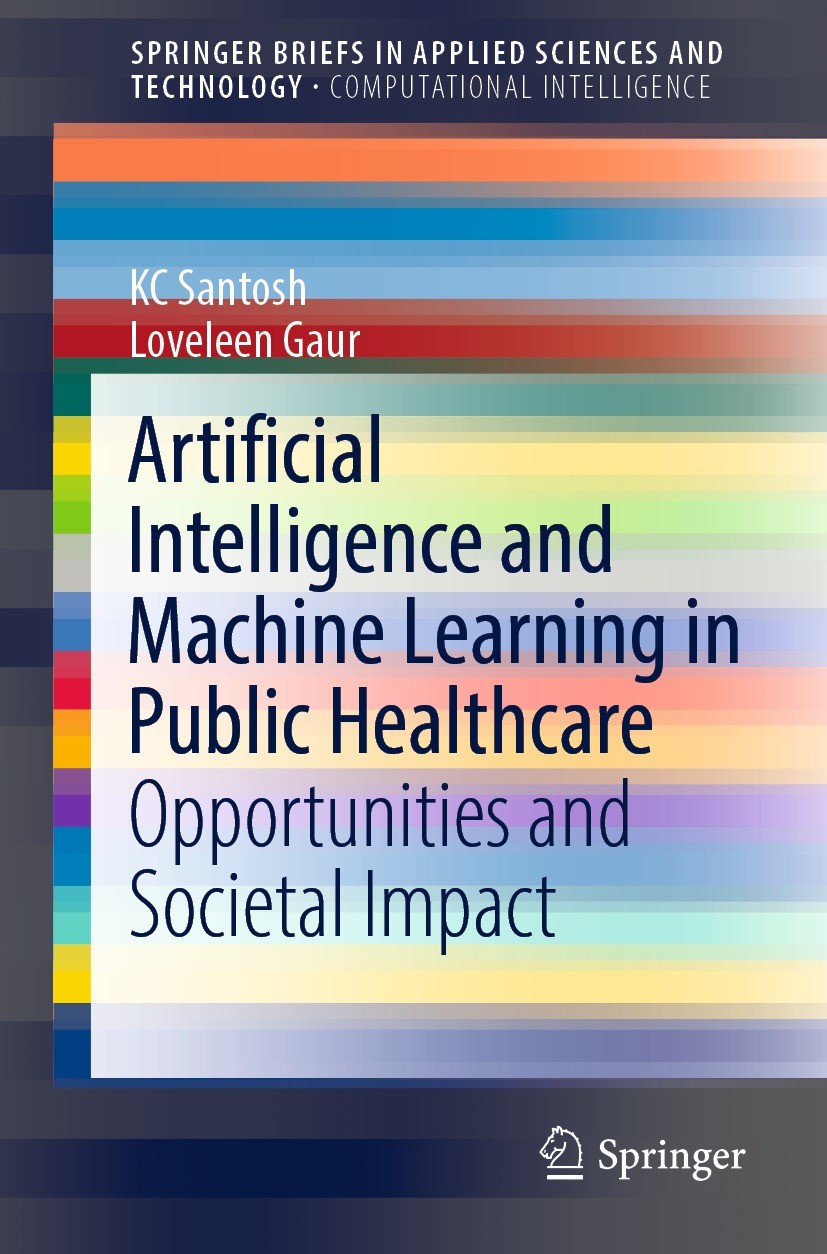| 期刊全稱 | Artificial Intelligence and Machine Learning in Public Healthcare | | 期刊簡(jiǎn)稱 | Opportunities and So | | 影響因子2023 | KC Santosh,Loveleen Gaur | | 視頻video | http://file.papertrans.cn/163/162244/162244.mp4 | | 發(fā)行地址 | Covers the state-of-the-art AI and machine learning (ML) tools for public health care in resource-constrained regions.Includes challenges and opportunities especially when we consider social factors.S | | 學(xué)科分類 | SpringerBriefs in Applied Sciences and Technology | | 圖書封面 |  | | 影響因子 | This book discusses and evaluates AI and machine learning (ML) algorithms in dealing with challenges that are primarily related to public health. It also helps find ways in which we can measure possible consequences and societal impacts by taking the following factors into account: open public health issues and common AI solutions (with multiple case studies, such as TB and SARS: COVID-19), AI in sustainable health care, AI in precision medicine and data privacy issues. Public health requires special attention as it drives economy and education system. COVID-19 is an example—a truly infectious disease outbreak. The vision of WHO is to create public health services that can deal with abovementioned crucial challenges by focusing on the following elements: health protection, disease prevention and health promotion. For these issues, in the big data analytics era, AI and ML tools/techniques have potential to improve public health (e.g., existing healthcare solutions and wellness services). In other words, they have proved to be valuable tools not only to analyze/diagnose pathology but also to accelerate decision-making procedure especially when we consider resource-constrained regions | | Pindex | Book 2021 |
The information of publication is updating

|
|
 |Archiver|手機(jī)版|小黑屋|
派博傳思國(guó)際
( 京公網(wǎng)安備110108008328)
GMT+8, 2025-10-27 19:54
|Archiver|手機(jī)版|小黑屋|
派博傳思國(guó)際
( 京公網(wǎng)安備110108008328)
GMT+8, 2025-10-27 19:54


